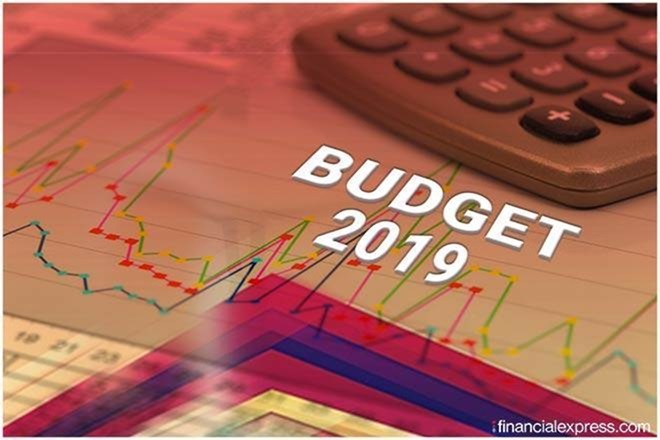India Union Budget 2019: While there are a lot of expectations from the upcoming Union Budget 2019 the ongoing agrarian crisis, economic slowdown and low job creation need immediate attention, says Akhil Mittal of Tata Mutual Fund. “The budget gains criticality as economy is passing through difficult times and there is a huge expectation that government would take steps to simulate the economy. Agrarian crisis, falling consumption growth, falling private investments and low job creation, all require urgent attention of the government,” Akhil Mittal, Senior Fund Manager, Tata Mutual Fund told Financial Express Online. According to the expert, the government is struggling with low revenues, and it remains to be seen how the centre balances these objectives.
Also read: Budget Economic Survey 2019: Modi’s dream scheme Swachh Bharat crucial talkpoint; work far from over
While there is a lot of concern about the government breaching the fiscal deficit target for the year, the economic slowdown needs attention. “Higher spending, policy reforms, especially in labour and land acquisition, and pushing housing sector should be of prime importance, even if it comes at the cost of increase in fiscal deficit,” Mittal added. Earlier, the Narendra Modi-led government had set a fiscal deficit target of 3.4% for FY20 in the interim Budget in February. Few global brokerages including CLSA say that despite expectations of a fiscal stimulus from Budget 2019, the government is unlikely to substantially loosen the fiscal deficit target for the financial year. “If the government continues to stick with its headline targets of fiscal deficit, it might come cost of growth. It is also necessary to take burden-off RBI which is currently doing all the heavy lifting,” Mittal observed.
While the larget direction in the debt market will be indicated after the Budget, Nittal said that Global concerns on growth, low inflation, falling crude prices and easing bias from central banks, all bode very well for interest rates. Given this scenario, the government can look to increase its expenditure. “In the near term, we can see yield on 10-year benchmark g-sec in 6.50% to 7% range. Though the larger direction will be indicated by budget, still, the room created by falling interest rates for the government to spend more is ample,” he noted. Further, credit outlook on NBFC / HFC sector regulators keeping a close lens thereon cannot be ruled out, he noted. Taking stock of the global factors, Mittal said that while crude prices continue to remain volatile amid rising geo-political tensions, overall the situation is favourable.

